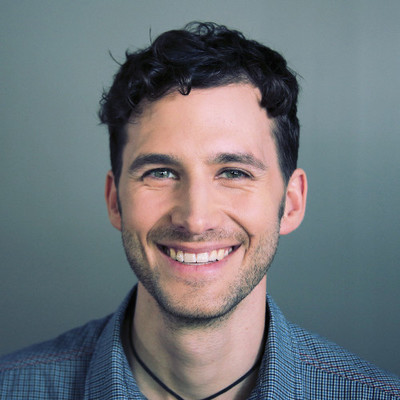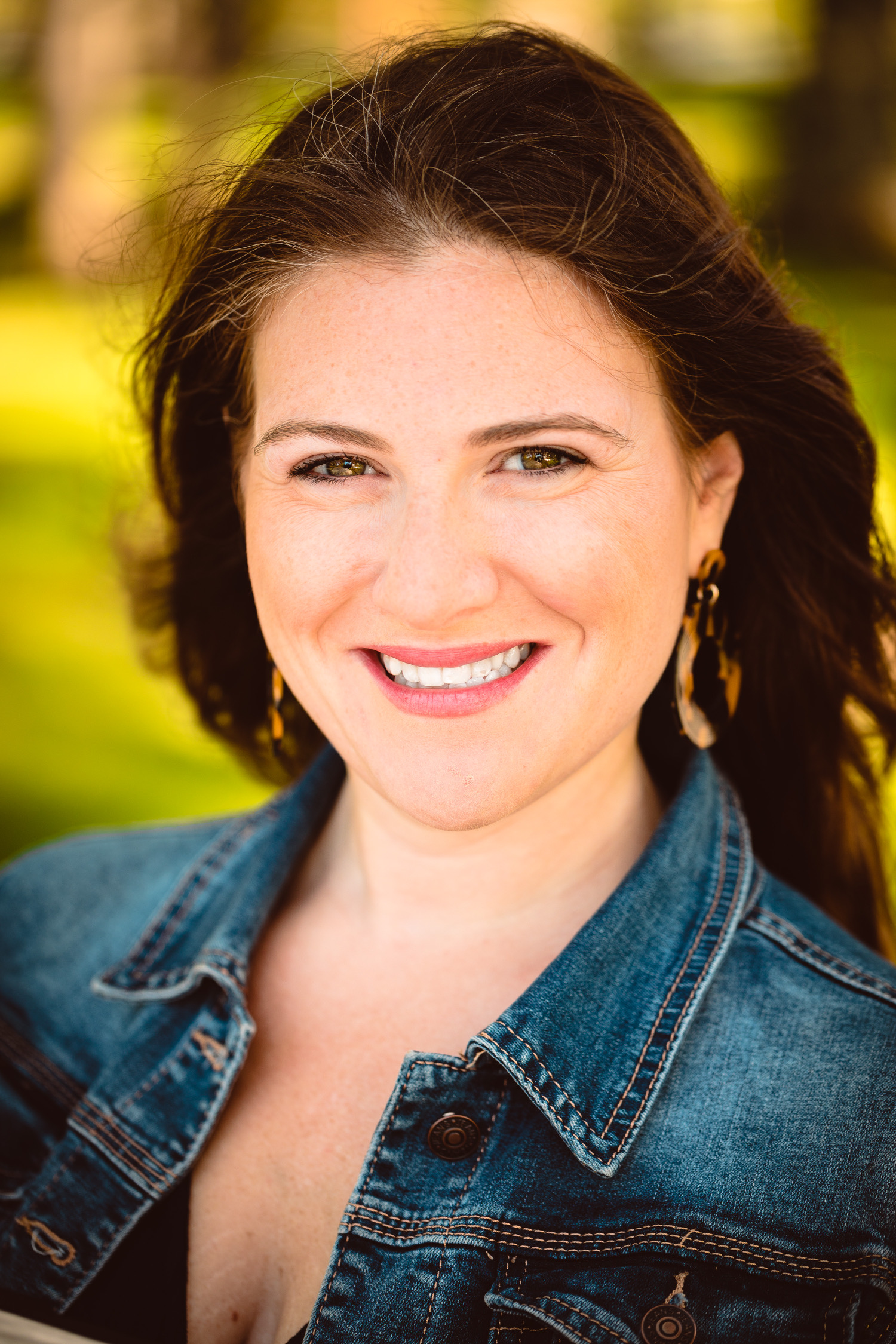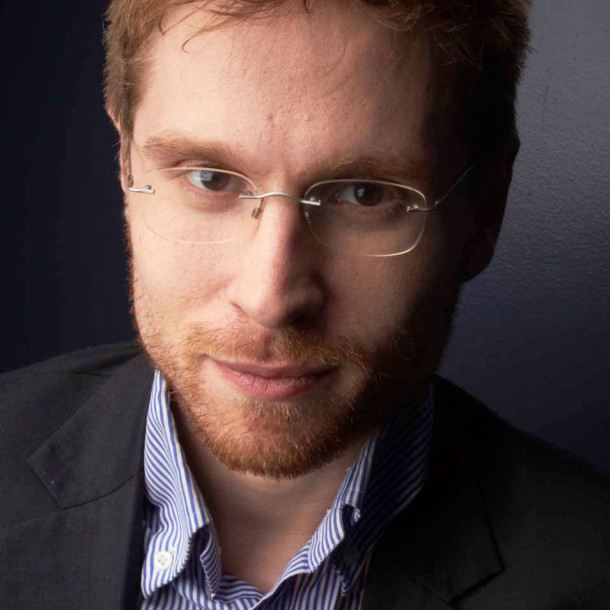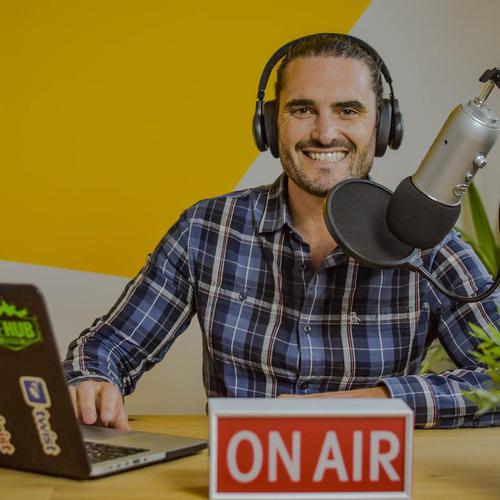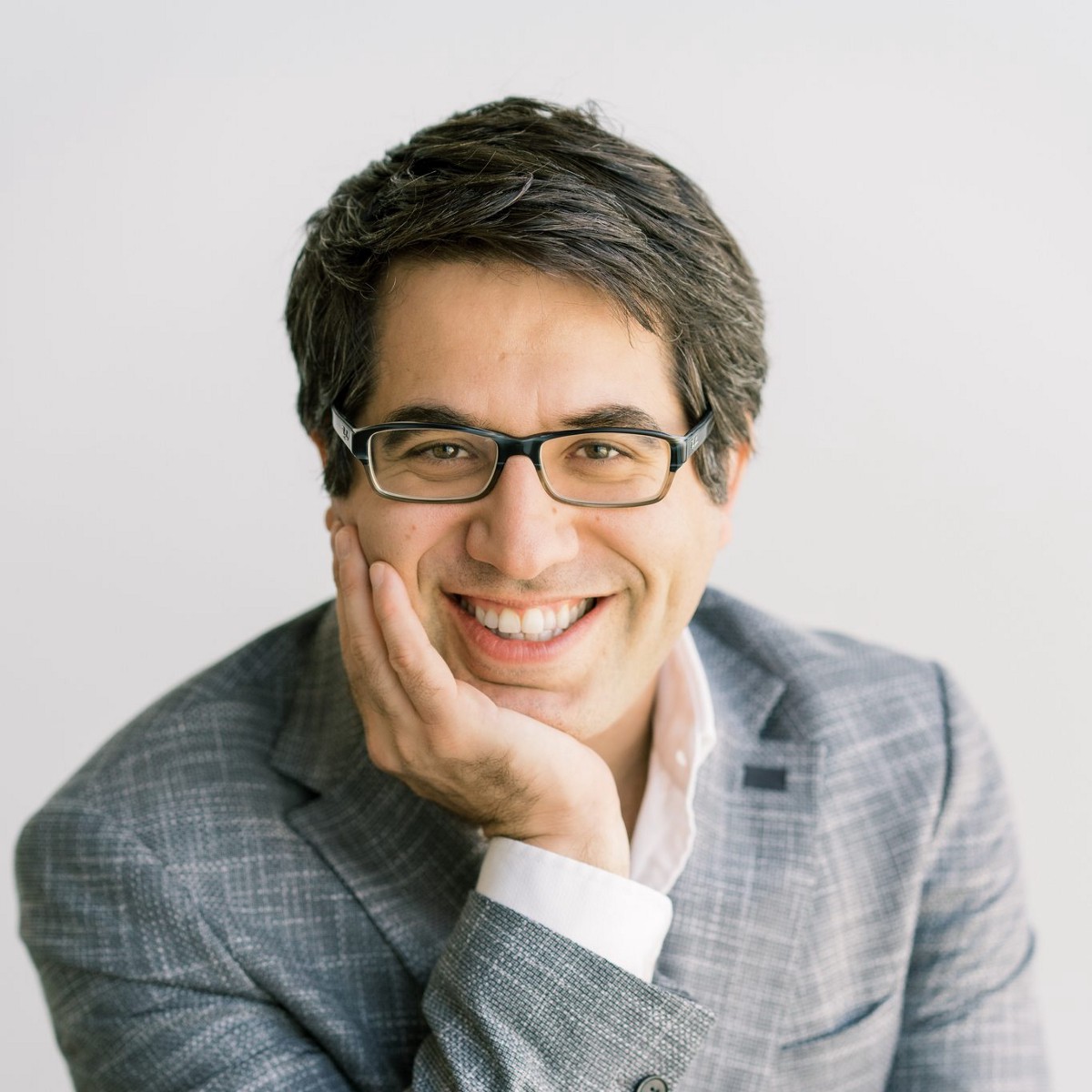Most of us take the pain and suffering of our jobs so that we can make enough money to retire and do the things we’ve always wanted to do.
It doesn’t have to be this way. You don’t have to compromise on your work-life balance. If you think working on a remote team is great to balance your work and personal live, do that. Jeff Gardner is from the US, but lives in the Alps and has reworked his career already. Listen to the perks and downsides of a life lived without limits.
What we learned from this episode
Work doesn’t always have to be happen from inside an office room. If remote working is something that makes you happy and lets you live the way you wanted, you should go for it.
Working 90 hours a week and making $1 million a year is less impressive than working 4 months a year and living a live with crazy adventures that makes you happy.
No matter what you do, make sure that you’re able to enjoy the day to day. Never compromise.
What you can do right now
Think about one compromise you are making that you don’t have to.
Key Quotes
“Work doesn’t have to be fixed location. It doesn’t have to be totally nuts. You can create your own situation.”
“I think location plays an outsized role in your happiness and I don’t think people give it as much credit as they should. For us, it’s fairly obvious. For me, it’s really about the outdoors.”
“No matter what you do, make sure that you’re able to enjoy the day to day. And it’s not to say there’s going to not be hard days or hard months or hard years. There’s definitely going to be that. But you shouldn’t go into it with this respective that, okay, I’ve now got to serve my time so that I can earn my freedom later.“
Today, our guest is Jeff Gardner. He is the head of Platform Partnership at Intercom and this episode is Work Minus Compromises. Hi, Jeff. How are you?
I’m well. Thank you. How are you, Neil?
Doing great. Thanks for being on our show. Why don’t you start off telling us a little bit about yourself and how you ended up living in the Alps?
Sure. So, as I guess the listeners can hear, I am American, not Italian. But I ended up living in the Alps because I met this Irish girl in Yosemite, California, many, many moons ago at this stage.
A highly logical jump there, right?
Highly logical jump, an Irish girl in California, yeah, exactly. And in the end, we ended up getting married. She moved over to the States for a little while. I’m from Virginia originally. And the plan was always that we were going to move back to Europe. And I guess the obvious choice would have been for us to move to Dublin in Ireland. But she has grandparents on one side who are Italian and so there’s a very strong connection through those family ties back to Italy. And so, we had done a lot of climbing in the Alps and we know that mountains and skiing and climbing and running and that sort of thing is really, really important to us and so we said, well, we don’t have any kids at this stage. We might as well try to do something more fun than just go back to Dublin and do the default option. And so, we just moved to this town, really small town in the Alps that we had been through a few times for climbing holidays. It was the place you would come for doing grocery shopping or getting ice cream or a rainy day up in Switzerland, that sort of thing. And we moved here kind of half unseen, like we’ve been here a few times but we certainly had never lived here for any period of time, and really just lucked out. Landed in a community that is really open, still very vibrant, I think a lot of these small towns in the Alps sort of are dying because there’s nowhere for people to work and that sort of thing. But that’s not really the case here. So, we landed in this great little town and that was nine years ago. So, we’ve been here since.
But you’re not a professional climber. You don’t spend all your time outdoors. You also have this job with Intercom. So, how does that work?
Yeah. Exactly. So, I don’t know if that would be a good thing or a bad thing to be a professional climber but it certainly would be a different thing. And no, I’m not a professional climber. It is very much a past time, and especially the climbing side of things now that we’ve got three small kids, we’ve got a lot less time for it. But the outdoors is still a huge part of what we do. And so, I think the way we balance that is really that you do your work but then you don’t live to work, you work to live, and we try to spend as much of our time that’s not working outside, bringing the kids around, even things like planting a garden at the house and just tinkering around in the garden is a big thing for us.
So, most people would say living this kind of life that you do, it’s something that we want to wait for when I get enough money, when I can finally retire then I can do something like that. But you’re saying that you can just do it now and keep working and keep your job and everything like that. So, what has that process been like for you?
It’s funny. I guess I’ve always been a little bit of… I don’t know if I’d say contrarian or what thinker, but I’ve always from early on was like I don’t want to do the mold thing. I’m not going to go join the rat race on Wall Street. You’ve definitely got goals and things you want to do but a lot of mine weren’t super refined around career or that sort of thing. And partially that was just because I didn’t really know what I wanted to do. I was interested in lots and lots of things and couldn’t really pick one or focus on one moment. And so, for a little while, I just fumbled around through things and spent a lot of time climbing, lived out of a van for a couple of years, did a little bit of photography, started to get into web development and that sort of thing. And I think that switch into that and then being exposed a little bit to remote working, and this is going back probably 12 or 14 years or something at this stage, but I remember David Heinemeier Hansson and Jason Fried, Basecamp, and some of their early stuff and 37signals just really spoke to me. It was like, hey, work doesn’t have to be fixed location. It doesn’t have to be totally nuts. You can create your own situation. And I think that really was like, okay, that’s what I want to do. That’s the thing I’d rather try and work a little less and play a little more, and obviously earn enough, but that was the thinking that got us on to this track. And to be honest, I don’t know that there is a ton of calculus involved. It was sort of just gut feeling, choice by choice by choice, but that sort of ended up putting us into a place where we are now.
What was the reaction you got from your coworkers and your family when you were making these decisions?
I guess it was mostly positive, to be honest. My family is maybe a weird one. My parents say, “We set out to raise three independent kids and actually I think we did too good of a job,” because we’ve all sort of scattered into the wind and they don’t get to hang out with us anymore and never get to see their grandkids as much as they’d like. But I think they were always super supportive, and I remember even as a kid, my dad would be telling me stories of people he came across like, hey, this guy, he has his own consulting business but he actually only works four months a year because the other thing he likes to do is go up to Canada and do these super long canoe trips all in these lakes. And I remember hearing these stories and being like that sounds amazing. I was always less impressed by this guy is a super fancy surgeon who works 90 hours a week and makes $1 million a year. It was more the, hey, look at what that guy has done and he gets to go have crazy adventures in his life rather than just work it away.
Now, you’ve been with Intercom for a long time. You were one of their first hires, right?
Yes. I was the fourth person hired after the four founders, and actually, yesterday was my interversary we call them. So, my work anniversary, seven years now, so.
And you’ve also built up a large team. You were leading a team of up to over 100 people at one point. So, what was that like while you were working remote?
It’s an interesting one and a question I get asked often. And I have to give a ton of credit to our founders. Very early on, Owen, our CEO, and Des, who’s our chief strategy officer now, they were totally fine with me being remote and the stance was, look, we’re not really a remote company. We’re not setting out to create a remote company. But we want you in and this is how it’s going to work and it’s going to be fine. One day, I’m sure we’ll come to a point where we’re like, hey, this isn’t working anymore. We have to change some things. And I was like, okay, that sounds fine. We’ll play it by ear and we’ll see how it goes. And as I started to grow the support team and hire more and more people, these conversations would come up once a year, like, oh, yeah, some day in the future this might not work anymore and we’ll have to readjust and we’ll have to figure out a new solution. And over time, we just never got to that point. And it wasn’t until I guess early 2017 or so that we started having conversations about like, hey, Jeff, what about your next role? What do you want to do next at Intercom?
At that point, I was running a 100 person support team. The support team had… because I’ve been left to my own devices in a lot of ways, I had built it sort of in my own image of like I want remote people, I want to do a follow the sun model for support. And so, in addition to having people in our offices in Dublin and San Francisco, I started to also hire people out in Australia and New Zealand and West Africa and things like that just to basically cover time zones. And it was always… it would come up a little bit in in these conversations with Owen and Des like, “Oh, I saw you hired somebody else out in Australia?” And I’m like, “Yeah, yeah. I’m covering time zones. Got to be quick on the trigger for our customers.” And they were always like, “Okay, okay. That makes sense.” And over time, we started to add more offices. We’ve got an office in Chicago and an office in Sydney now. And so, some of those remote people did start to move into offices over time. And so, at the end of that, it was like, look, I’m ready for a different role. I think the support team is now big enough that it actually does need a different leader, not only just the I’m remote situation, but I think my skills were topping out in terms of just organizing such a large team.
Describe the work you do now.
As head of Platform Partnerships, I work in product. I basically report up through our R&D team. And I work really closely with our platform partner, so our technology partners, so anybody that wants to come and build on the Intercom platform and building an app on our app store, those are the people that I’m talking to. And beyond the people that are coming inbound, I’m also going out and trying to convince a lot of other great software companies that they really should be building on the Intercom platform.
Let’s talk a little bit more about location, where someone decides they want to live. Now, you’ve got a lot of locations pulling at you. You have hobbies you like to indulge in, you have family all across the world in different places. Why do you think for you the place you choose to live is so important for your wellbeing?
I think location plays an outsized role in your happiness and I don’t think people give it as much credit as they should. For us, it’s fairly obvious. For me, it’s really about the outdoors. If I am not able to go outside and feel like I’m away from a city in nature on a really regular basis, I just am not happy. It quickly sets in and I’m just like I can’t do this. My tolerance for things like traffic and commuting and all that sort of that stuff is very low as well. It always has been. I grew up in a fairly small town and so any amount of commuting, I’m like, what? I don’t get this. Even we lived in Dublin for a year a couple years back, and it was great, a lot of it’s really nice and you get a lot of these other benefits, but that sitting on a train an hour in the morning and an hour in the evening just eats up so much of your life. And so, I think location really matters a ton and people don’t give as much do thought as they should. They think about the job. They think about, okay, can I stand this part of the commute. But it’s a lot more than just your commute your distance from your actual workplace. And so, for us, Italy is great for a lot of reasons. It’s also got its drawbacks obviously like everywhere. But it’s kind of that calculus I think people should be doing. It’s like which pros do I really care about, which cons do I care less about, which cons are total dealbreakers for me. And then you can start to look at like, okay, for us, like we can’t vote in Italy so the whole political situation is outside of our scope of reality almost, even though it does affect us. But things like community and the focus on food and the focus on family here is important to us and that’s something that’s really, really strong in Italian culture. And so, it works really well for us. And then obviously being in the mountains and being in a very small town means we can get out in the hills quick.
So, location is one thing. What are some other compromises that people make in their own lives that they’re unconscious of a lot of times?
Let me start this by saying that our choice here is not without its trade offs. I was actually talking with Owen recently and we were joking around but it was like my role at Intercom would probably be really different had I been in an office from day one. You are giving up one set of choices when you take another set of choices and that’s just always true, no matter what. I think when people hear that, they’re likely, oh, yeah, obviously, but you have to actually sit down and go what are the trade offs here and that sort of thing. And so, I think the trade offs that other people make on a regular basis are things like that. They undervalue their time when commuting and even if you can be productive or reading or doing something like that in a commute, it’s still time spent and it’s time away from being able to be with family or be with friends or that sort of thing. I think that there’s also in that non-remote situation, one of the biggest trade offs I found is all these little tiny bits of time, micro situations that you can participate more in, like in the morning, I get my kids up and I feed them their breakfast and their school is literally 100 meters from our house and so it’s really easy for me to spend one hour, an hour and half with them in the morning. Whereas when we were living in Dublin and I was commuting every day, I’d have 15, 20 minutes with them. And so, it’s all these little things that in aggregate add up to a lot of time but people are always… humans are bad at looking at aggregate over time. And so, it’s a hard thing for people to make that trade off or do that math in their head.
Now, a lot of people might say that these decisions are easy to make when you’re young and single and don’t have a lot of people depending on you, but once kids come along, once you get married, then it becomes a little bit harder thing to make a big leap like this. Now, you made your decisions before kids came along. So, how does that impact your life now?
It’s totally true. I wish my parents would have sat me down and really pounded on me for awhile about how big of a change kids make in your life and all the good and bad mixed in there. It’s just different and it’s one of those one way revolving doors that you can never go back through. And so I think it is an important thing that people sit down and have that thought process, whether you want to have kids or not, you think through it as objectively as you can think through a situation like that and decide what’s right for you. You’re right. It’s way, way easier to to make a call that is disruptive and potentially very difficult personally for you, for you and your relationship with your partner or whatever. When you add more people into the mix, it just gets more difficult. Like I was mentioning there, we’ve been here since 2010 in Italy, but between 2017 and 2018, we moved to Dublin for a year and it was for family and work reasons but it was a time bound thing and we said this will be a cool adventure we have with the kids and it’ll be good to be close to my wife’s family there in Dublin. And it was difficult to say the least. Moving two small kids, my wife was pregnant with our third at the time, we got there, she had our third kid in Dublin, and just the amount of stuff that has to change and you have to find all the new rhythms, there’s just a lot there. And so, it is something that you shouldn’t take lightly but I don’t think it’s impossible by any stretch. We look back on that year and there’s certain parts that we’re like, man, that was crazy, and there’s other parts where we’re like, we’re really, really, really happy we did that and all the stress and difficulty with finding new schools for the kids and all that aside, we still had a great experience with it.
That brings up another compromise which is the one between stability and adventure. So, how has that played out in your life and what do you recommend for others?
I feel like this is going to be just a straight up opinion answer here but I do think it’s a bit different for everybody. Some people feel very unstable and that terrifies them, the idea of not having a real stable home base and that sort of thing. Some people really just can’t fathom the idea of ever having a fixed home position. I’ve got a lot of friends that I met back in Yosemite whatever 15 years ago that are still living out of vans on the road full time. And so, there’s a huge spectrum there. And so, I think you’ve got to really know yourself on that one and try and find the balance that you enjoy. I know for me I need a lot of micro adventures. I need to go out and I need to feel like, okay, today I did something at my physical and mental limit. And as long as I’m doing that on a really regular basis, I feel pretty good. I love to have the bigger adventures every couple of years or whatever where you’re gone for months or potentially years. But after a certain period of time, I also go just I need to go home. I need to have a fixed base for a little while and decompress. So, I don’t think I could be one of those people that live on the road full time either.
What is your hope for your children? They live in this in between culture where they’re not quite American or Irish or Italian. What do you hope they learn from this experience and what kind of adults do you hope they’ll become?
It’s a good one. In a lot of ways, the same my parents hoped. I hope they’re independent, smart kids that have a lot of empathy for everyone around them. It’s really cool to see them speaking two languages already. It’s really cool to know that they’ve got passports in three countries if they want and that they can really that’s obviously a massive leg up for them. It’s a huge privilege for them. But I hope that all of that moving around and seeing different cultures and seeing different people and different people in different socioeconomic levels and all that leaves an impression that is the world is enormous and we’re all here and we all have to look after all of it and we have to do it together because we can’t just say, okay, this group’s job is to solve all the problems and everybody else just has to be pulled along behind. That doesn’t work. It really has to be a giant group effort and I think climate change is an obvious one here. It’s never going to work by having a couple of billionaires throw a bunch of money at it and come up with some new carbon sequestration technology. Sure, that can definitely help, but it really has to be everybody together understanding that like, hey, this is a giant problem for all of us and we all need to work together and solve it. So, I hope they look at the world and they go this is a big, huge, amazing, beautiful, wonderful place and it requires constant maintenance and that maintenance is also an adventure. Like going and helping and seeing other new cultures and having these experiences just opens you up to more of the same and pushing things forward I suppose.
So, Jeff, we’ve called this show Work Minus Compromises. So, as you’re talking to our audience, what do you feel like is one compromise we haven’t hit on yet that you hope people don’t have to make?
I think the biggest one is that, like you mentioned it earlier on one of your questions, the biggest compromise people make in I think the modern age is that I’ve got to work now so that I can retire and do all the things I want later. I think the original Wall Street movie with Gordon Gekko and all the rest and the main character, Charlie Sheen, is there talking about how he wants to go on this motorcycle trip across China and how he’s just like make a bunch of money to be able to do this. And the reality is he could leave right then and go buy a motorcycle for probably $200 in China and do the whole trip on less than $1,000 or something. But people get in their heads that, okay, I’ve got to build up this enormous nest egg and I’ve got to be super successful and be a millionaire before I can actually enjoy anything in life and I think that is the deadly compromise that too many people make. They’re like I’m going to take the pain and the suffering for whatever period of time my job is and then I’ll get to be happy. And that’s just not the case. No one should live like that. That’s a horrible way to live. So, no matter what you do, make sure that you’re able to enjoy the day to day. And it’s not to say there’s going to not be hard days or hard months or hard years. There’s definitely going to be that. But you shouldn’t go into it with this respective that, okay, I’ve now got to serve my time so that I can earn my freedom later.
Jeff, it’s been great to hear about your experiences. If people want to stay in touch with you, where should they go?
I’m pretty much everywhere, Twitter, everything is erskingardner which is my middle name and then my last name all combined. Twitter is a great place to reach me. I love talking to people there so fire it away.
Thanks for being on the show and thanks for sharing your story with us.
Yeah. Thanks, Neil.
Jeff is the head of platform partnerships with Intercom.
